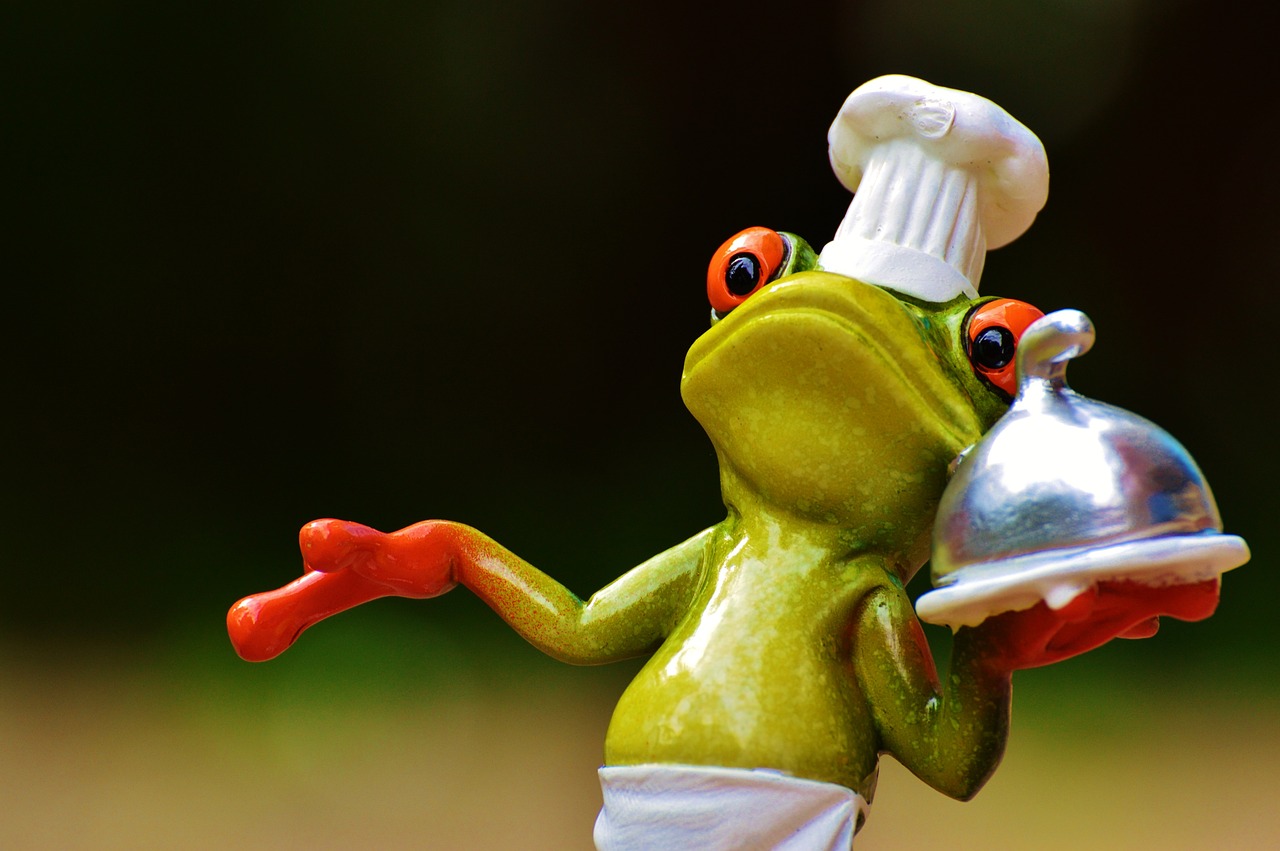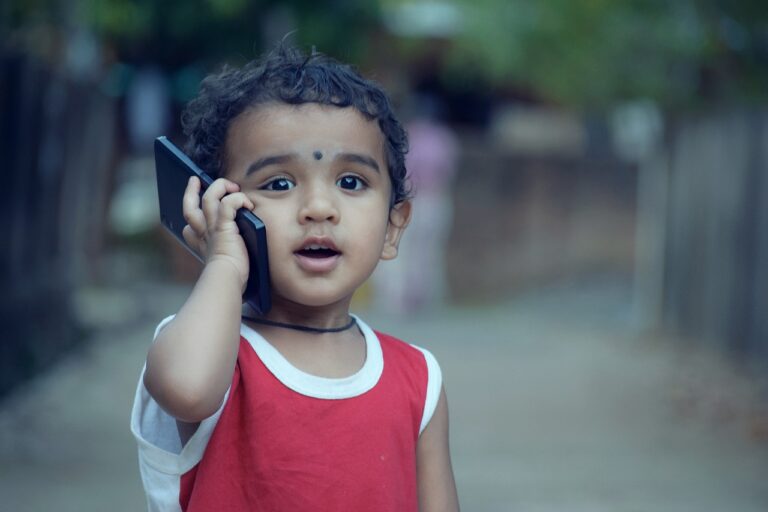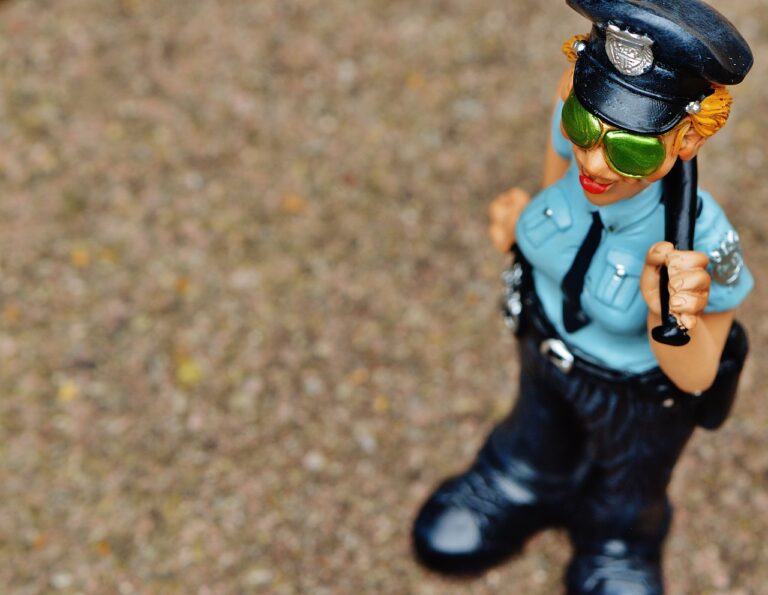The Impact of Copyright Issues on Music Production
diamondexch9, sky99exch com login, reddy club:The Impact of Copyright Issues on Music Production
Music has the power to move us, inspire us, and even change our lives. It’s a universal language that transcends borders and brings people together. However, the process of creating music is not without its challenges, particularly when it comes to copyright issues. These issues can have a significant impact on music production, from the initial creation of a song to its distribution and consumption by the public.
In this blog post, we’ll explore the various ways in which copyright issues affect music production, and discuss some of the strategies that musicians and producers can use to navigate these challenges.
Copyright Basics: What You Need to Know
Copyright is a legal protection granted to creators of original works, including music, that gives them the exclusive right to reproduce, distribute, and perform their work. This means that if you create a piece of music, you have the right to control how it is used and who can profit from it.
Copyright issues often arise in the music industry when artists and producers use samples or borrow elements from existing songs without permission. This can lead to legal disputes, financial penalties, and even the removal of a song from distribution platforms.
How Copyright Issues Impact Music Production
1. Sampling: One of the most common copyright issues in music production is sampling. This involves taking a portion of a pre-existing song and incorporating it into a new track. While sampling can be a creative way to pay homage to a song or artist, it can also lead to legal trouble if the proper permissions are not sought.
2. Licensing: Another important aspect of music production is licensing. This involves obtaining the rights to use a song or sample in a new work. Licensing agreements can be complex and expensive, and failure to secure the necessary permissions can result in legal action.
3. Royalties: Copyright issues also impact royalties, which are payments made to songwriters, producers, and performers for the use of their music. If copyright infringement is found, royalties may have to be paid to the original creators, cutting into profits for the new work.
4. Distribution: Copyright issues can also affect the distribution of music. If a song is found to be in violation of copyright law, it may be removed from streaming platforms or radio stations, limiting its reach and potential for commercial success.
5. Collaboration: Collaborating with other artists can present its own set of copyright challenges. It’s important to clearly define ownership of the music and how royalties will be distributed to avoid disputes down the road.
Strategies for Navigating Copyright Issues
1. Do Your Research: Before using any samples or borrowing elements from existing songs, make sure to do your research and obtain the necessary permissions. This may involve reaching out to the original creators or acquiring a license through a music clearance company.
2. Create Original Music: The best way to avoid copyright issues is to create original music from scratch. While this may require more time and effort, it can help you avoid legal trouble and establish your own unique sound.
3. Work with Professionals: Consider working with a music lawyer or clearance company to help navigate the complexities of copyright law. They can help you secure the necessary permissions and ensure that your music is protected.
4. Keep Detailed Records: Keep track of all agreements, licenses, and contracts related to your music production. This will help protect you in case of any disputes or legal challenges.
5. Stay Informed: Stay up-to-date on changes in copyright law and best practices in the music industry. This will help you navigate copyright issues more effectively and protect your artistic creations.
FAQs
Q: Can I use a sample from a copyrighted song in my own music?
A: In most cases, you will need to obtain permission from the original creators or acquire a license to use a sample from a copyrighted song.
Q: How can I protect my own music from copyright infringement?
A: Register your music with the copyright office and keep detailed records of your creative process to establish ownership.
Q: What should I do if I receive a copyright infringement notice?
A: Contact a music lawyer or legal professional to help you navigate the situation and respond appropriately.
Q: Can I remix a copyrighted song and release it as my own?
A: Remixing a copyrighted song may require permission from the original creators or a license to use the original song in your work.
Q: How can I monetize my music while still respecting copyright laws?
A: Work with professionals to secure the necessary permissions and licenses to monetize your music legally.
In conclusion, copyright issues have a significant impact on music production, from sampling and licensing to distribution and collaboration. By staying informed, doing your research, and working with professionals, you can navigate these challenges and protect your creative work in the music industry.







